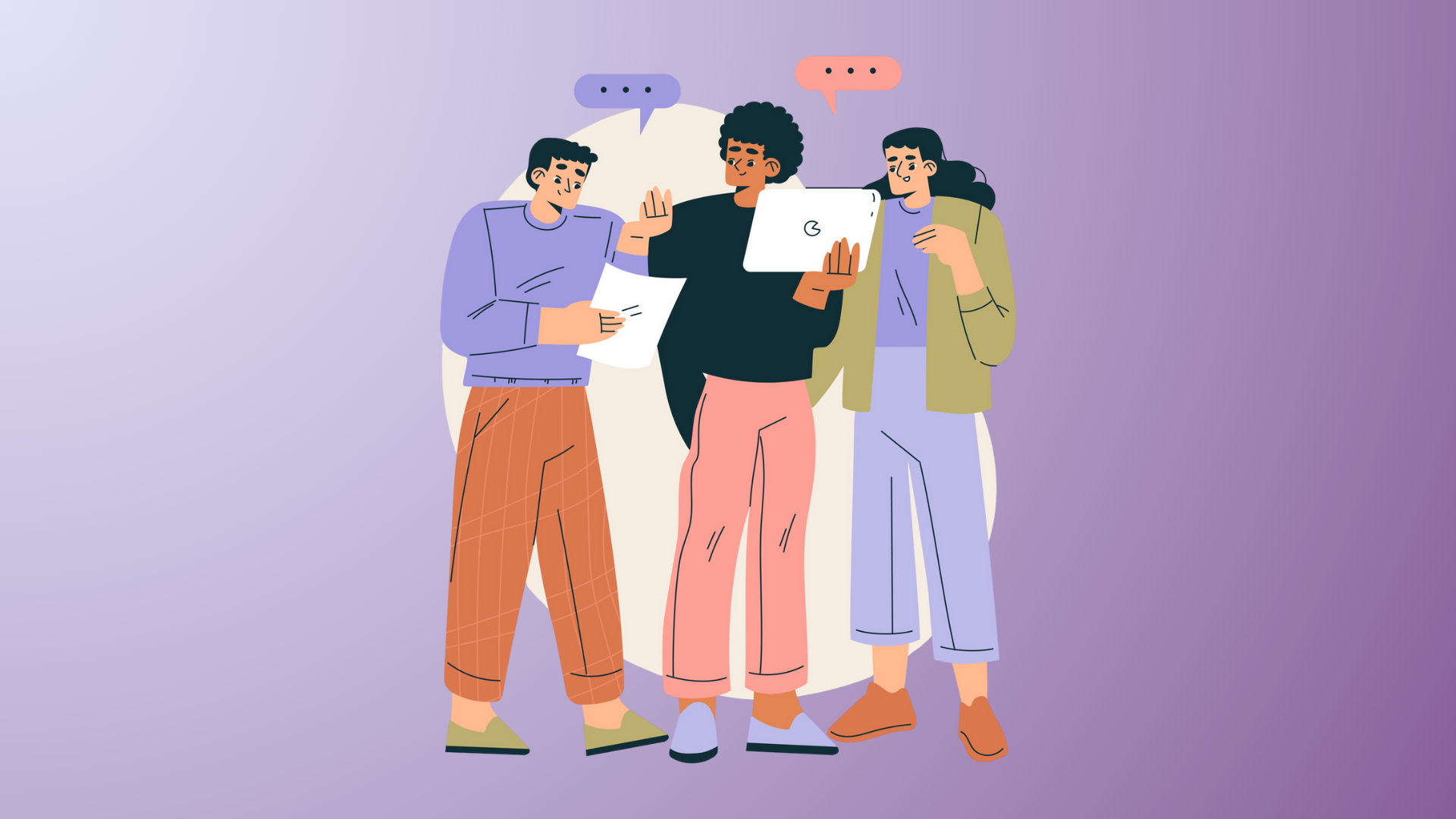Finding Balance in Leadership, Identity, and Growth

In this interview, Jen Knox Shanahan talked to Fisher student Chenjiayi (Emily) Gu about her journey as a leadership studies student.
Jen Knox-Shanahan (JKS): As an international student with many leadership roles, how do you balance external expectations with your own sense of identity and purpose?
Emily Gu (EG): Growing up in China, I was raised in an environment where family expectations played a significant role in shaping my ambitions. My family has always set high standards for me—not out of pressure, but because they believe in my potential. Because I love and respect them, I work hard to meet their expectations. However, I’ve also learned that success isn’t always immediate, and there are times when, despite my best efforts, I don’t achieve the results I hoped for.
When that happens, I choose to be honest about my journey. I communicate with my family openly, sharing what I’ve done, the challenges I’ve faced, and the lessons I’ve learned. Their understanding and support remind me that failing to meet an expectation doesn’t mean failing as a person. Instead, it’s an opportunity to adapt, grow, and keep moving forward.
This mindset has helped me in many aspects of life, especially in job hunting, where rejection is inevitable. Instead of seeing it as a reflection of my worth, I view it as part of the process. I don’t let setbacks discourage me—I refine my approach, continue applying, and expand my network. Through persistence and self-improvement, I stay committed to my goals while maintaining a sense of self-belief and resilience.
Ultimately, while external expectations may guide my path, they don’t define my identity or purpose. I’ve learned to strike a balance—honoring the values and aspirations of those who support me while staying true to my own ambitions, strengths, and personal growth.
JKS: What practices or habits help you stay connected to your true self, even in challenging situations?
EG: The most powerful habit I developed through the Dean’s Leadership Academy is self-reflection. Every week, DLA required us to submit reflection papers, and that consistent practice helped me internalize the new skills I was learning. Writing these reflections gave me the opportunity to slow down, organize my thoughts, and connect each concept with real-life experiences. Over time, this made the skills more memorable and easier to apply naturally. I still find myself using models I learned in my very first DLA class, even years later—when that happens, I feel a deep sense of warmth and reassurance, knowing that these lessons will continue to benefit me for a lifetime.
Another key habit I’ve developed is the ability to seek help. In the past, I might have tried to figure everything out on my own. But through my experience in DLA and other challenges, I’ve learned that reaching out—whether it’s to peers, mentors, or professors—can quickly reduce anxiety and help me feel supported. Even when I don’t get the answer right away, just knowing that someone is facing the challenge with me gives me confidence and emotional stability.
Lastly, I’ve made positive self-talk part of my daily mindset. Whenever I face something stressful or unfamiliar, I remind myself: “I can do this. I’ve done hard things before. I will be okay.” By repeatedly encouraging myself, I’ve found that both my mind and body respond with greater calmness and confidence. Honestly, ever since I started this practice, I’ve felt like even my luck has improved—it’s as if positivity brings more opportunities my way.
Together, these habits—reflection, seeking help, and positive self-talk—keep me grounded and connected to who I truly am, even during the most difficult moments.
JKS: What are your biggest learnings as a Dean’s Leadership Academy student?
EG: As an international student, I initially joined DLA because I wanted to improve my oral communication skills. To challenge myself, I signed up for the Crucial Conversations class, where I learned different models for handling high-stakes discussions and mastering storytelling. Every session pushed me out of my comfort zone—I forced myself to participate actively, present confidently, and engage in discussions as if I were already skilled at it.
The idea of "Fake it 'til you become it" is a lesson I learned in Professor John Schaffner’s coaching class. I carried this mindset into all my DLA courses, continuously pushing myself to speak up, negotiate, and engage more. Over time, I realized that what started as "faking confidence" had actually led to real growth—I had significantly improved my soft skills, communication, and leadership abilities.
Moving forward, I plan to apply this approach in my professional career to enhance both my professionalism and effectiveness in the workplace.
JKS: How do you encourage others to bring their authentic selves into their roles and contributions?
EG: I believe people do their best work when they are genuinely interested in what they’re doing. That’s why I always try to delegate tasks based on individual strengths and interests—while also ensuring responsibilities are shared fairly among everyone.
For example, when I was leading the Oriental Dance Troupe, I assigned the dance teaching role to a member who was passionate about dance and often taught herself routines online. I gave the logistics role—such as booking rooms and arranging meetings—to someone who was highly organized and never missed a meeting. And for advertising, I chose a member majoring in communications who was very familiar with social media platforms.
By matching people with roles they cared about, they felt more confident and motivated, which helped us work together more smoothly and effectively as a team. Ultimately, I believe that honoring each person’s authentic interests and strengths not only boosts performance—it builds a stronger, more united community.
JKS: You will be graduating in Autumn 2025. Do you have plans after graduation?
EG: I plan to complete a busy season accounting internship in Spring 2026. After that, I intend to travel back to China for the summer to spend time with my family and friends—I haven’t been home in nearly three years, so that’s very important to me.
In Autumn 2026, I will return to the U.S. to begin my Master’s in Accounting, with the goal of graduating in Spring 2027. If I receive a full-time return offer from my internship, I plan to join the company after graduation. At the same time, I hope to continue growing my presence on social media by sharing vlogs and content about my personal and professional journey.
 Chenjiayi (Emily) Gu has many leadership roles as a student at Fisher College of Business. She is majoring in Accounting with a minor in Organizational Behavior. Emily is part of the Honors Leadership Program, Dean’s Leadership Academy and DLA Ambassador Team. She is also a Student Auditor and Peer Advisor for Fisher students.
Chenjiayi (Emily) Gu has many leadership roles as a student at Fisher College of Business. She is majoring in Accounting with a minor in Organizational Behavior. Emily is part of the Honors Leadership Program, Dean’s Leadership Academy and DLA Ambassador Team. She is also a Student Auditor and Peer Advisor for Fisher students.


